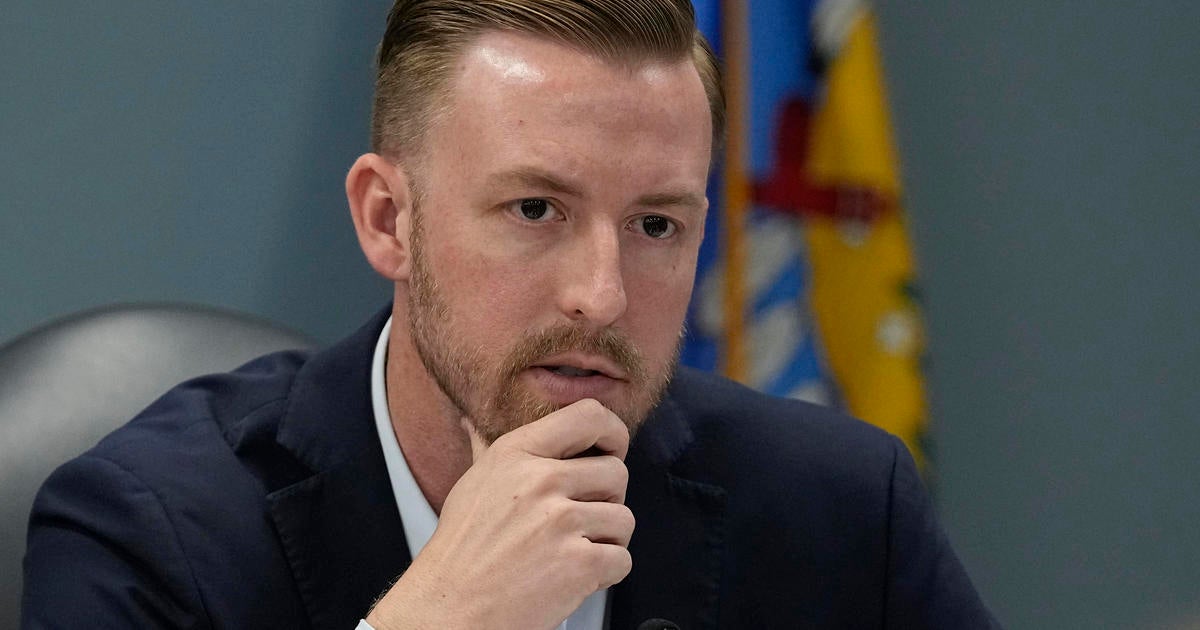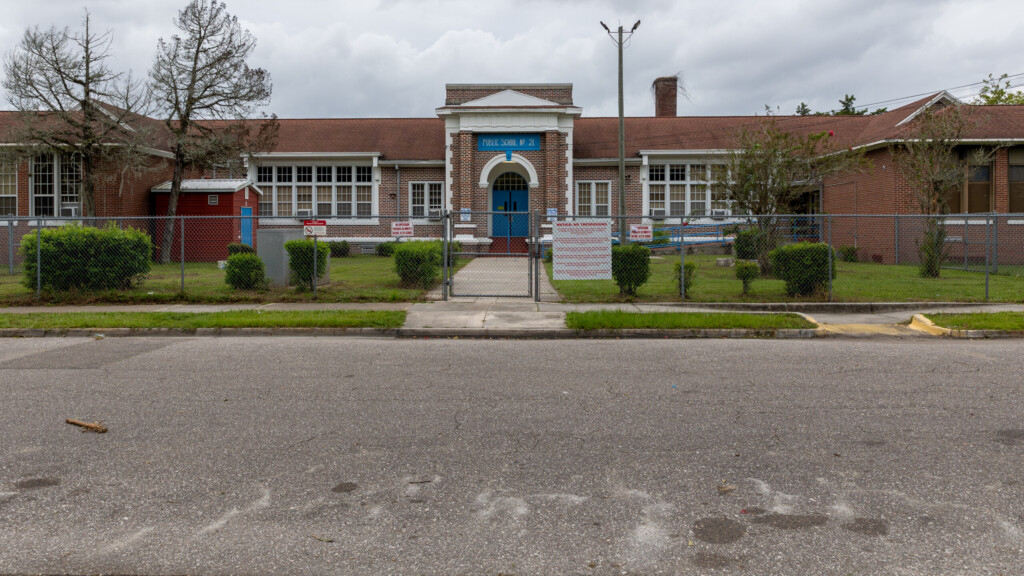What would be Senator Tuberville score on this test?

PragerU reveals full list of questions from Oklahoma's new 'America First' teacher test
Oklahoma will now require teachers from California and New York to pass a newly unveiled 34-question “America First” certification test developed with PragerU.www.news9.com
Evidently there are only 34 multiple-choice questions on the test:
The test combines traditional civics questions with additional questions regarding gender and identity:
Cultural and identity-related content:
Civics and history basics:
- Why is freedom of religion important to America's identity? (It protects religious choice from government control)
- "What is the fundamental biological distinction between males and females?" (Chromosomes and reproductive anatomy)
- "Which chromosome pair determines biological sex in humans?†(XX/XY)
- "How is a child's biological sex typically identified?" (Visual anatomical observation and chromosomes)
- “Why is the distinction between male and female considered important in areas like sports and privacy?†(To preserve fairness, safety, and integrity for both sexes)
- “What did the Supreme Court rule in the 2025 case Mahmoud v. Taylor?†(Public schools cannot require participation in LGBTQ-themed instruction without parental opt-out)
- "What cause is Martin Luther King Jr. best known for?" (Advocating for diversity, equity, and inclusion)
- "What did the Emancipation Proclamation do?" (Ended slavery in the rebelling Confederate states)
- "What right does the Second Amendment protect?" (The right to keep and bear arms)
- "Which of the following are explicitly listed in the Bill of Rights?" (Freedom of speech and religion)
- "According to the Supreme Court cases Meyer v. Nebraska (1923) and Pierce v. Society of Sisters (1925), who has the ultimate right to direct a child's education? (The parents)
Government structure:
- “What are the first three words of the Constitution?†(We the People)
- “How many U.S. Senators are there?†(100)
- "Who were the first three U.S. presidents?" (George Washington, John Adams, Thomas Jefferson)
- “When was the Declaration of Independence adopted?†(July 4, 1776)
- “Who wrote the first draft of the Declaration of Independence?†(Thomas Jefferson)
- "Who was President during the Great Depression and WWII?" (Franklin D. Roosevelt)
- "How did the Cold War end?" (The Soviet Union collapsed)
- "What was Abraham Lincoln's primary reason for waging the Civil War?" (To preserve the Union)
- "In the United States, which of the following is a responsibility reserved only for citizens?" (Serve on a jury)"
- "What was the primary reason the colonists fought the British?" (To resist taxation without representation)
Patriotic symbolism:
- “What are the two parts of the U.S. Congress?†(The Senate and the House of Representatives)
- “Who signs bills into law?†(The president)
- “What is the highest court in the United States?†(The Supreme Court)
- "What is the primary responsibility of the president's Cabinet?" (Advise the president)
- "Why do some states have more Representatives than others?" (Representation is allocated by population)"
- “What is the supreme law of the United States?†(Answer: The Constitution)
Foundational ideals:
- "Who is called the "Father of our Country"? (George Washington)
- “What is the name of the national anthem?†(The Star-Spangled Banner)
- “Why are there thirteen stripes on the American flag?†(To symbolize the original colonies)
- “Which national holiday honors those who died while serving in the U.S. military?†(Memorial Day)
- "Which of the following is a phrase from the Pledge of Allegiance?" (One Nation, under God, indivisible, with liberty and justice for all)
- “Why is freedom of religion important to America’s identity?†(It protects religious choice from government control)
- “From whom does the United States government derive its power?†(The people)







